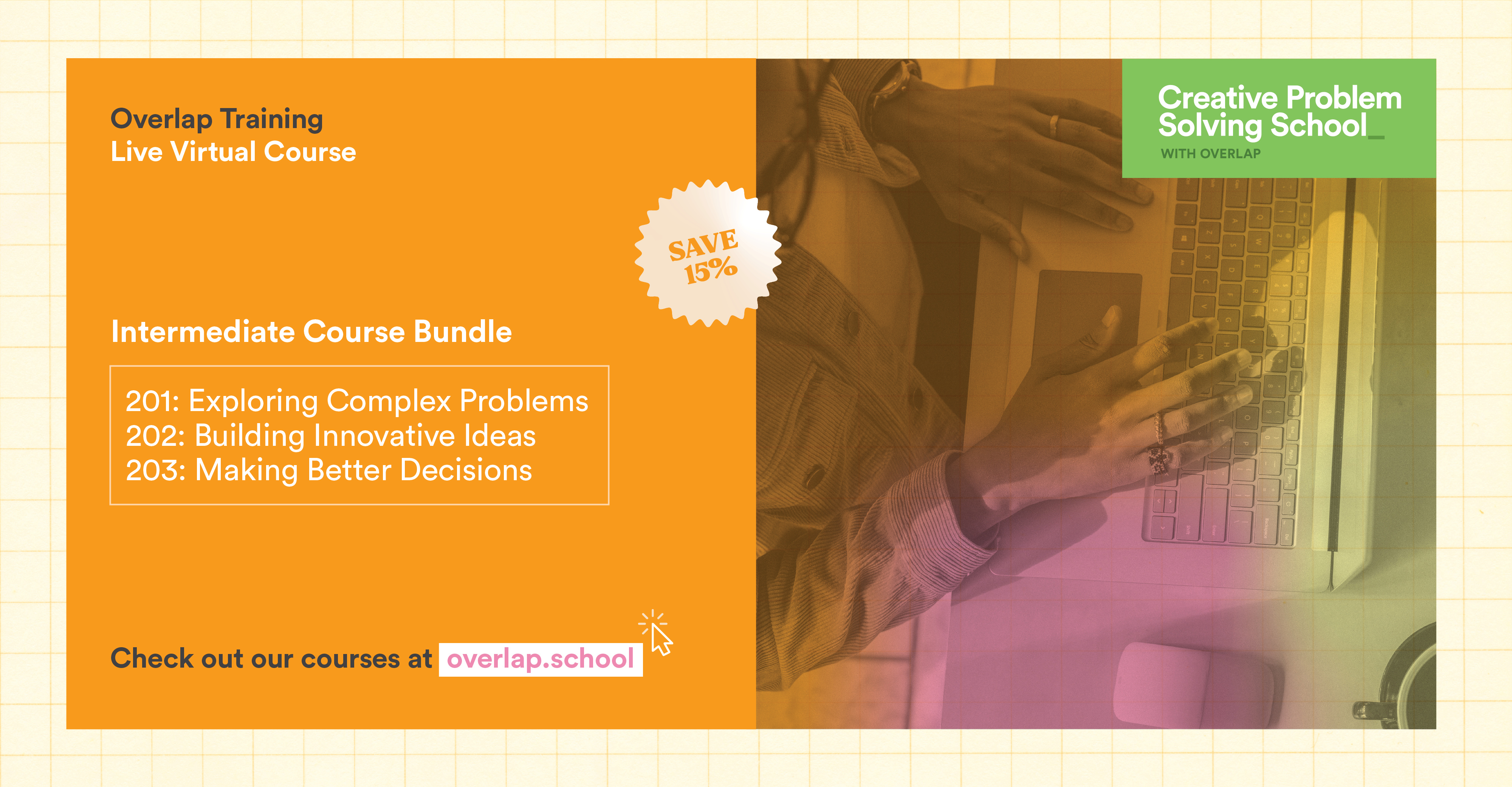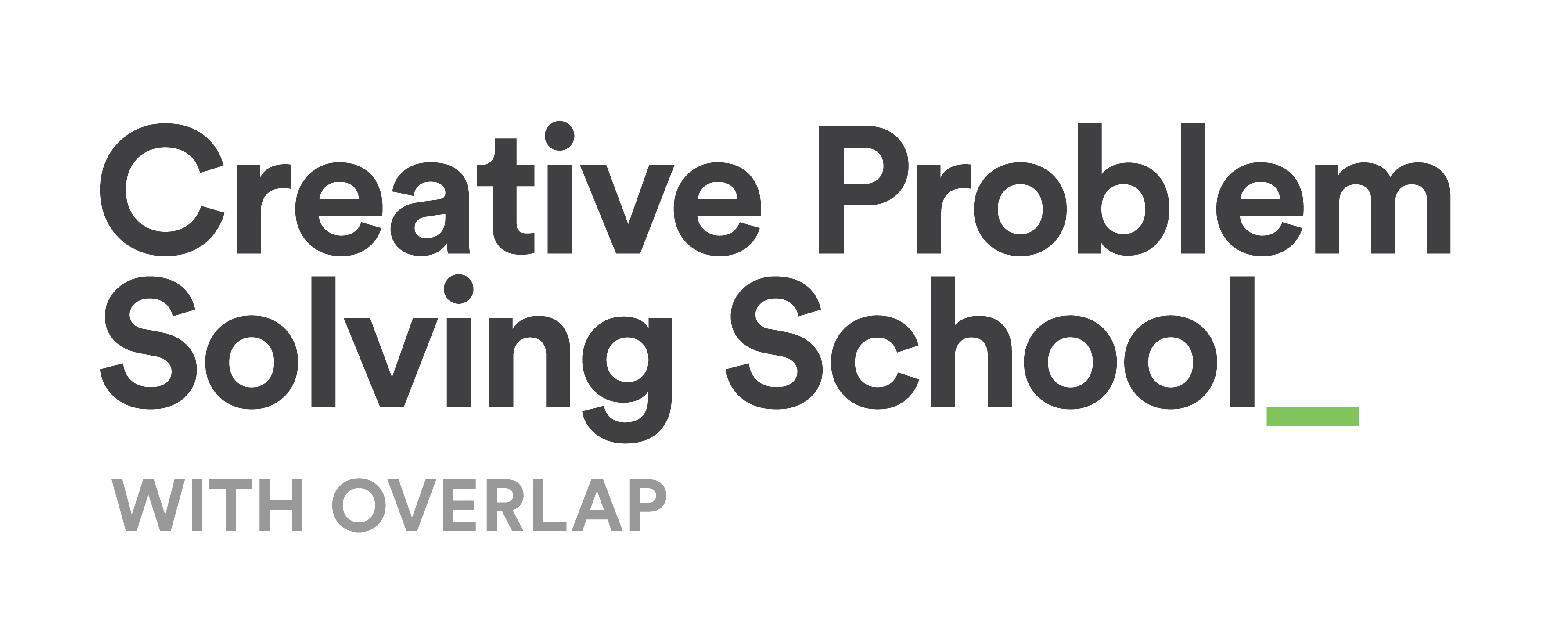About the course
You prototype to test. The goal of testing is to improve the ideas, to get real feedback before the pilot, and to co-design with stakeholders. You actually want to get more things wrong than you get right so you learn what to change while it’s still inexpensive to make changes. You want to make small changes based on feedback, build a new model, and go back out for feedback until you are confident that the solution meets stakeholder needs. Throughout this process, many decisions need to be made in a way that is collaborative and visualizes your thought process.
In this course, you’ll dive deep into the Test and Decide phases of the human-centred design cycle.
Modules
How to test and decide
Learn about how to maximize your ability to collect meaningful feedback from your stakeholders and considerations for decision-making along the way.
Test and decide in practice
A hands on session where you will practice getting feedback and using several decision-making tools that you can implement right away. Some of the tools and processes explored include Observation, Affinity Clustering and $100 Test.
Learning Outcomes
By the end of this course, you should understand the importance of a curious mindset as you create a human-centred solution and walk away with a suite of tools to help you make decisions when you feel stuck.
What you will learn:
- Power of testing and incremental improvements: explore best practices around timing of feedback—an early and often mindset—and support for building this muscle.
- Feedback tools that work: learn tools and methods that work everytime
- How to propel forward confidently: make good decisions that the team can get behind
Making Better Decisions
Creative Problem Solving: 203
(Live Online Cohort)
December 6 & 8, 2022
9am-12pm EST

Planning to take all three of our Level 200 courses? You can save over 15% by registering for all 3 courses at the same time with our new Intermediate Problem Solving Bundle!

